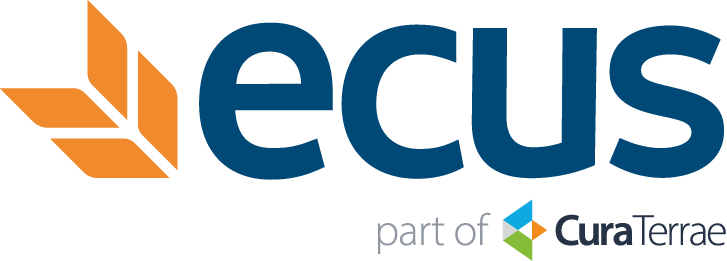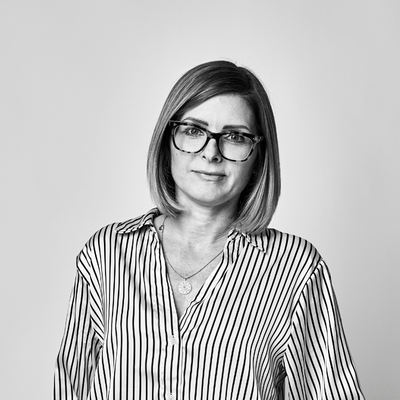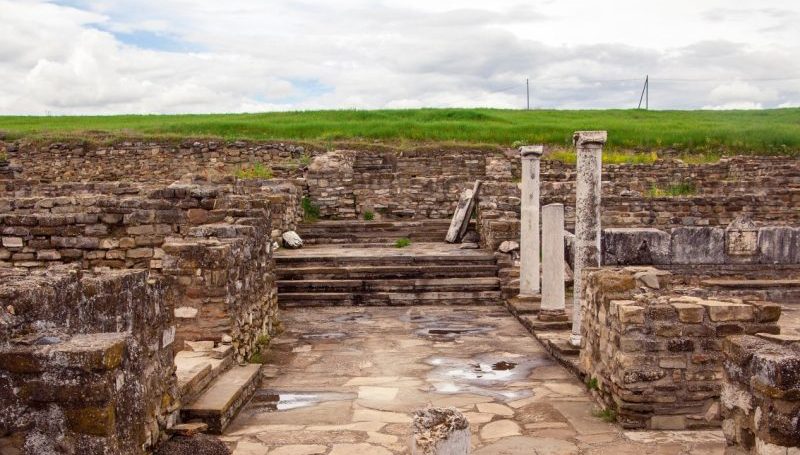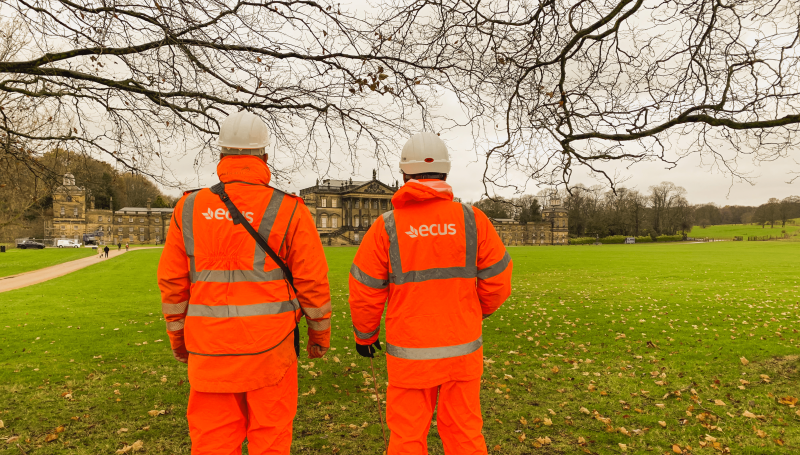Ecus’s Heritage Team is proud to have worked closely with the Department of Archaeology at the University of Sheffield on their Roots and Futures project, which launched an in-person and online exhibition at Kelham Island Museum recently. The exhibition is a culmination of a two-year collaboration with communities from Netherthorpe, Upperthorpe, Kelham Island and Neepsend, and it explores the rich heritage of the former industrial areas of the city and its diverse communities.
The project started in 2019 and it was meant to be face to face community engagement, giving local people the chance to share their memories and stories, and an opportunity for us to learn about the heritage that really matters to the people of the city. Ecus were brought in to write the desk-based assessment (DBA) and help with the evaluation, but due to Covid-19 the whole first stage of the project moved online. Our Heritage Team developed a web app to digitally enable input from the local community. The app engaged 1,078 unique users in two months and provided communities with a means of engaging safely and purposefully with their local environment and each other. The digital nature of the project also resulted in intergenerational learning and sharing, where younger family members supported older individuals with their digital literacy. Our project evaluations revealed that the app had generated benefits beyond the initial intention to map the archaeological heritage of the area. Users described the therapeutic benefits of using the app and the positive impact it had on their physical, mental and emotional wellbeing.

Ecus produced the evaluation report for this first stage of the project, which was a collaboration between The University of Sheffield and their Department of Archaeology’s Heritage, Place and Community AAP637 Masters Course, Zest Community, KINCA and Kelham Island Museum.
Phase two aimed to build on the learning and insights from the initial app project and co-produce a community and sector-facing report that sets out recommendations on how innovative heritage projects, that impact positively on health and wellbeing outcomes in older people, might be delivered. The project aimed to work directly, and to proactively engage with diverse older audiences, so that wellbeing benefits associated with heritage engagement might also be enjoyed by older people of colour, as well as promote better community cohesion. This phase also saw members of our Heritage Team collaborating with Zest (a community partnership), by setting up tents in Sheffield parks and engaging directly with local residents, giving them the chance to tell their own personal histories.

"The community value of this project is clear to see. It’s vitally important that we give local people, of all backgrounds, the chance to tell their own stories and historical narratives. Not only does this give us a clearer picture of the north of Sheffield’s heritage, but it allows previously untold histories, such as those experienced by older people of colour, to emerge. This provides new perspectives and revelations about the area and its communities."
Dr Courtenay-Elle Crichton-Turley
Digital and Community Heritage Consultant
Ecus produced the consultation strategy, carried out the community-heritage engagement and consultations, and wrote the evaluation report for phase two of the project, in collaboration with the project partners. This information then fed into the design of a public facing report created by Izzy Carter and a museum exhibition designed by Lamia Sassine, which integrates new digital content from the project curated in collaboration with communities, and focuses on themes of places, things, stories, artwork and people.




